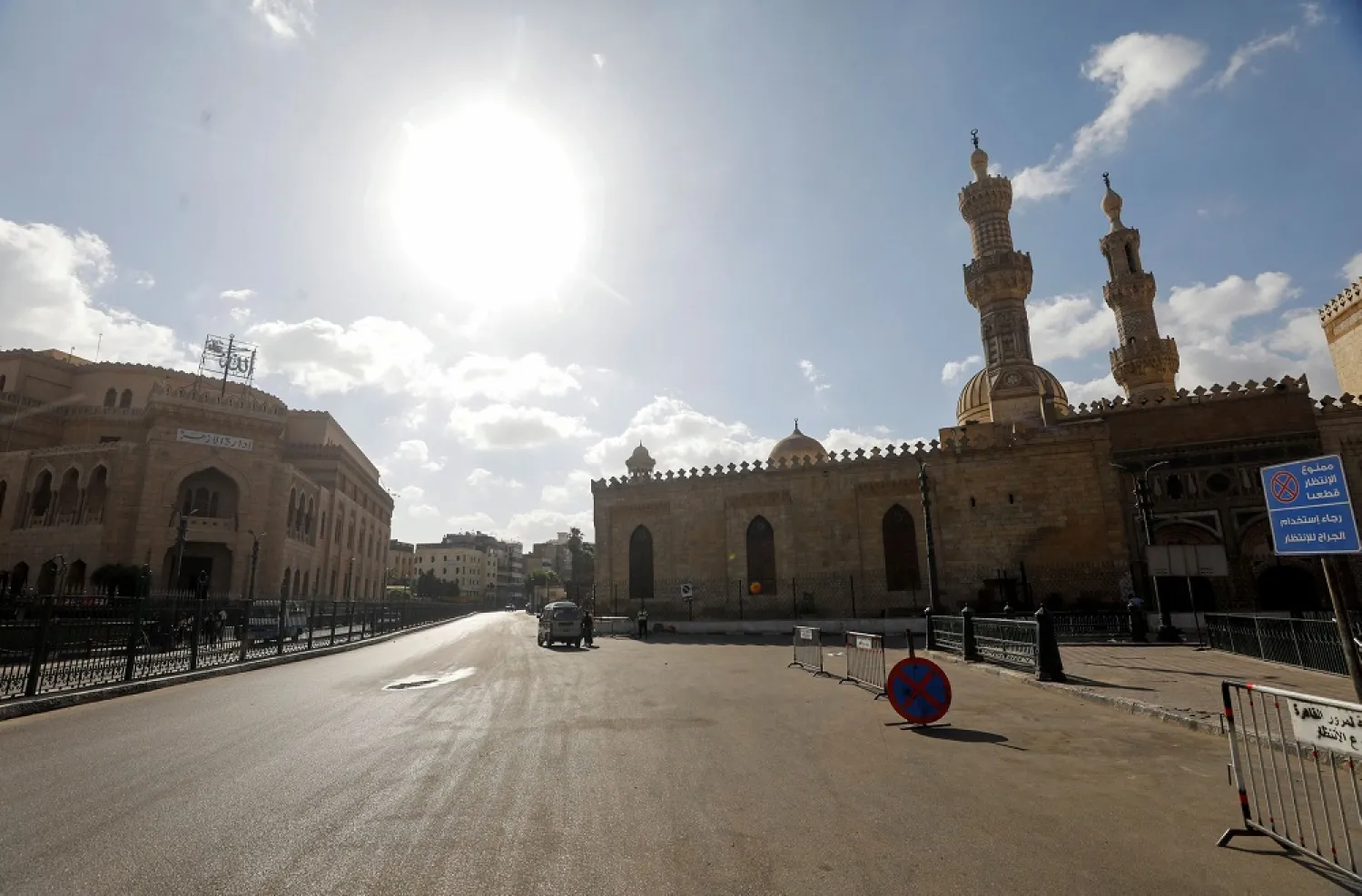The Egyptian parliament postponed a debate on a controversial draft law regulating the country's Dar al-Ifta, which was strongly opposed by al-Azhar Foundation and its Grand Imam Ahmed el-Tayeb.
Tayeb said the bill creates “a parallel entity” to the most prominent Islamic religious institution in the country and endangers the independence of Dar al-Ifta.
He warned that it violates article 7 of constitution, which gives al-Azhar absolute supervision of religious affairs, including the issuing of religious fatwas, or edicts.
The constitution stipulates that al-Azhar is an “independent scientific Islamic institution, with exclusive competence over its own affairs. It is the main authority for religious sciences and Islamic affairs. It is responsible for preaching Islam and disseminating the religious sciences and the Arabic language in Egypt and the world.”
Lawmakers Haitham al-Hariri and Ahmad al-Tantawi stated that the draft law will be discussed by the next parliament.
Monday’s plenary session will most likely be this parliament’s last meeting, given that parliamentary elections will be held in November.
Prior to the session, Tantawi called on MPs to avoid committing a legislative “disaster” by separating al-Azhar, which every religious institution should be affiliated with, from Dar al-Ifta, which under the proposal would become answerable to the government.
In March, al-Azhar strongly condemned and rejected the bill submitted by Osama al-Abd, the parliament's religious and endowment affairs committee head, along with 60 other lawmakers.
The bill aims to restructure the authority of the grand mufti, the head of Dar al-Ifta, as well as the appointment procedures, tenure and procedures to renew the term of the mufti.
According to the sponsors of the draft law, the amendments are aimed at “reorganizing Egypt’s Dar al-Ifta” and giving it independent legal power and financial, technical and administrative autonomy, while defining the mufti’s work.
Abed said that the draft law did not diminish the powers of al-Azhar, seeing as it appoints the mufti. He added the draft law was approved by the religious committee, and the final decision is in the hands of parliament.









